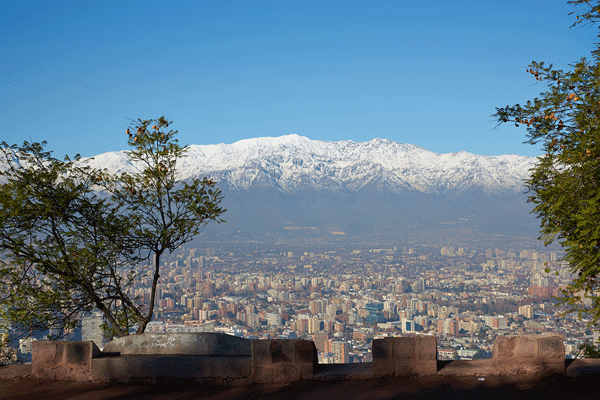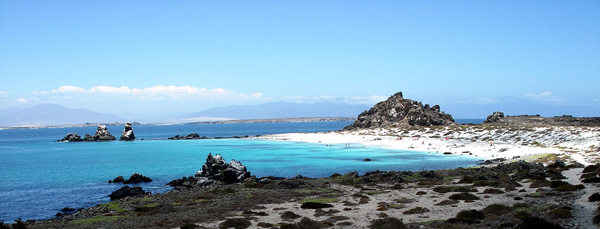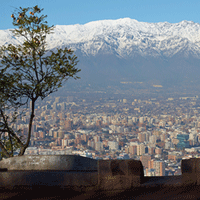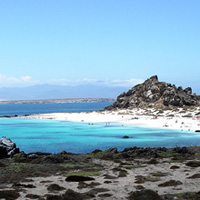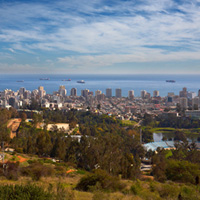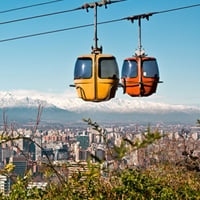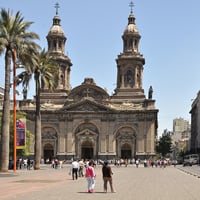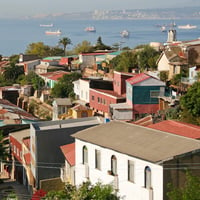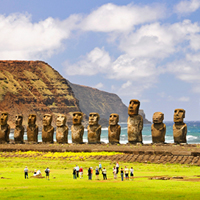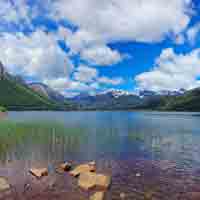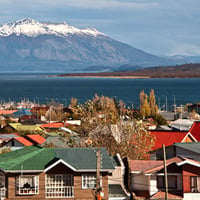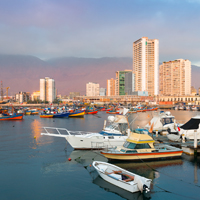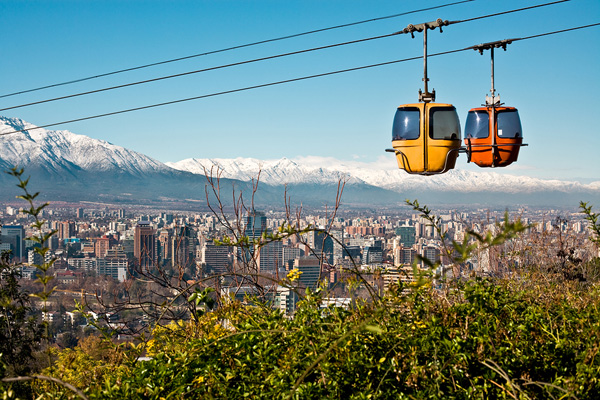Chile
Country Index
Connect with Our Partners
Connect with our trusted local partners in Chile and around the world through our Partner Connect tool. From moving companies to expat health insurance and more, our partners are here to help.


Connect with Our Partners
Connect with our trusted local partners in Chile and around the world through our Partner Connect tool. From moving companies to expat health insurance and more, our partners are here to help.

 Chile
Chile